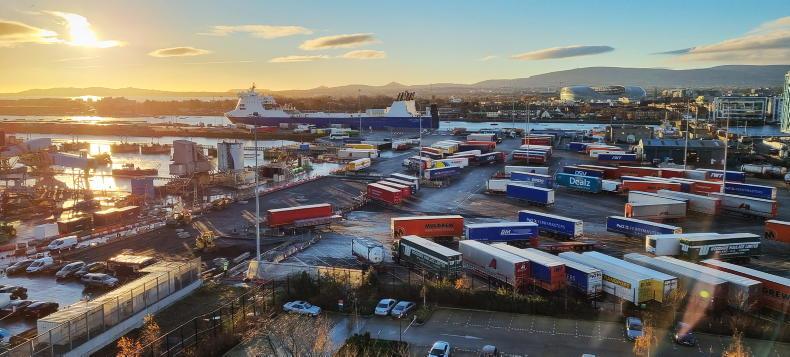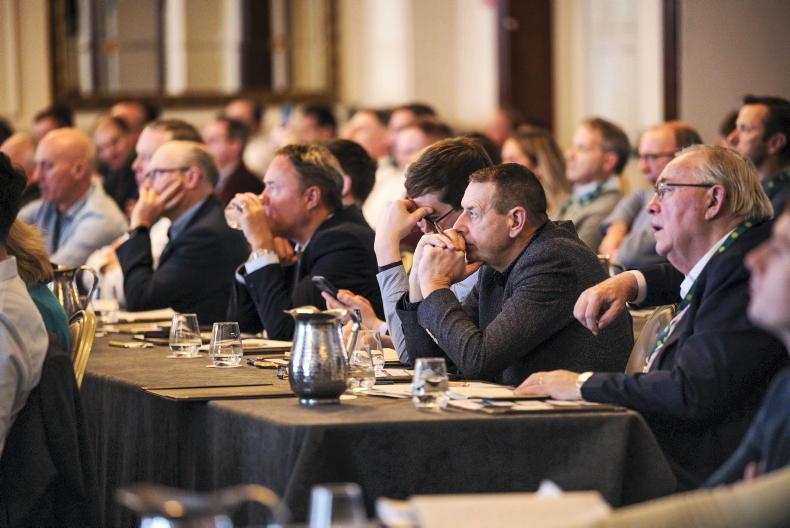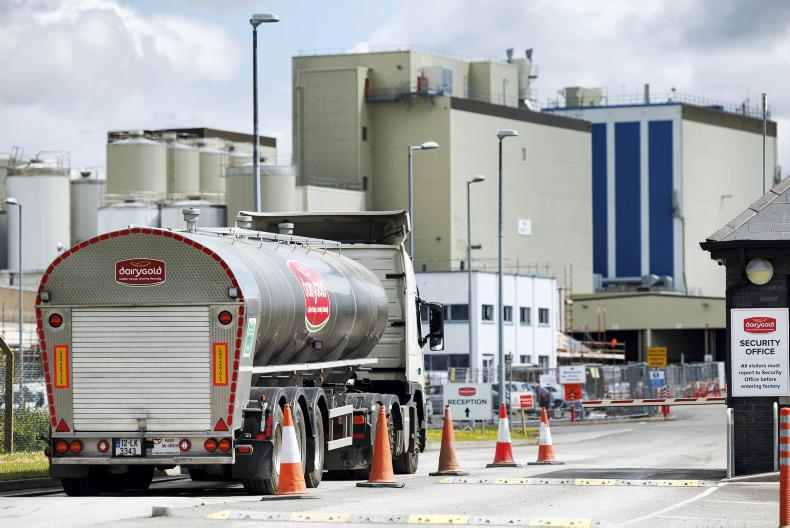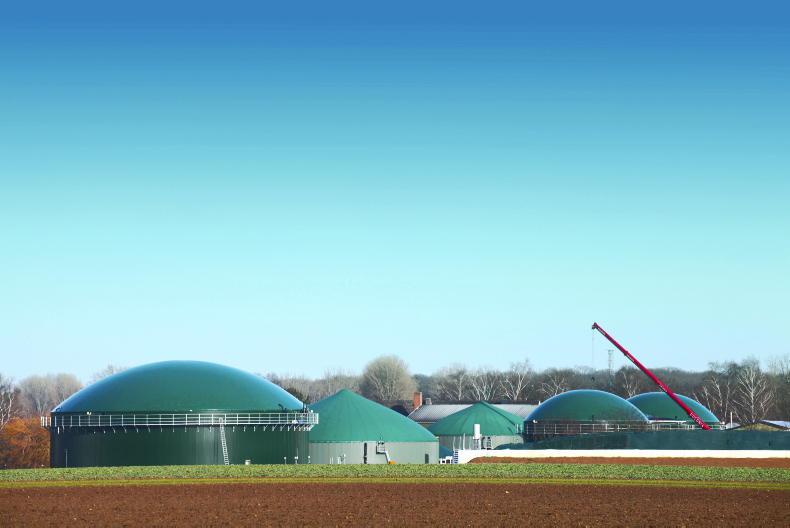Over the coming weeks we will hear how many billions worth of food Ireland exported to other countries during 2021 – despite the ongoing pandemic.
All of this food was largely created by farmers and agri food companies that are working in a very difficult COVID-19 environment. We must stand to acknowledge the wider industry when it delivers under extreme challenge, especially when some other sectors of the economy have ground to a halt.
Again this week we hear rumours of large-scale, COVID-19-induced absenteeism from some food manufacturers, similar to other sectors that have 15% to 20% of staff either close contacts or sick from COVID-19.
It is widespread in rural and farming communities at the moment, so there is no doubt food manufacturers are also affected. However, we are assured by management that all contracts are being met.
Management and staff of our agri food industry deliver over and above to meet the demands of those that need food and hence close the circle to the farm gate.
Building a vision
It’s a challenging time to be in the food industry in Ireland, or indeed the EU. Building a vision for the future is difficult against a backdrop of huge uncertainty and political change, especially in some of the larger EU food-producing countries.
Just before Christmas, we saw significant changes planned for the Dutch agri food industry with a stated ambition to pay farmers to get out of farming over the next 10 years, with the aim to cut Dutch food production by one third.
In this week's edition, we see the new government in Germany forcing change in food and farming, using CAP and new policy incentives to reduce food production on farms.
Opportunities
You might wonder about the significance of what is happening in both of these countries for Irish industry and farmers but it highlights what’s in the pipeline in terms of challenges and opportunities.
When you stand back from it, the reality is both these hugely successful countries have depended on producing more from diminishing resources. Hence, policymakers in the Netherlands and Germany suggest the time has come to rebalance.
The analogy farmers could liken it to is a dairy farm just producing more volume to dilute fixed costs. Volume alone is no good – you need a margin of profit to keep the business sustainable and you need to reduce dependency on outside or long-distance feed sources if possible.
Ireland is different to the Netherlands and Germany. Production is largely dependent on homegrown feed. Stocking rate is a third, or less, of what it is in the Netherlands. Irish production is largely from grass-based diets.
However, we will see change and pressures in the Irish production system and this has been flagged in numerous reports and policy papers. There is always room for improvement and change.
On one hand, you can see this wave or dynamic trend of veganism, anti-red meat, anti-livestock and anti-farmer rhetoric as a threat to Irish food production. However, on another, you can see it as a significant opportunity if Irish policy helps the agri food industry develop and prosper.
As Prof Gerry Boyle refers to here, we need to look at sustainability in the round – not just environmentally.
Energy
The EU move to reclassify energy sources is a step in the right direction.
As Colm McCarthy points out this week, while natural gas is a fossil fuel, it has improved in terms of efficiency and is less carbon-intensive than other fuels and can allow for transition.
Over the last 10 years, we have seen many of our dairy and beef processors convert to natural gas, away from less-efficient diesel-powered manufacturing facilities, at a huge cost.
All was completed with little incentive or reward over and above diesel or oil-burning facilities.
Ironically in the last few months, and currently, gas probably has been more expensive than alternative fuel sources.
Maybe in the near future, co-ops and their owners – the farmers – will see some return and a reclassification from designated less-efficient fuels.
Long term, the movements of large food-producing countries like the Netherlands and Germany to reduce food production from intensive methods must offer an opportunity for Irish food abroad.
It might not be consumed in Europe but that is the challenge for our marketers.










SHARING OPTIONS